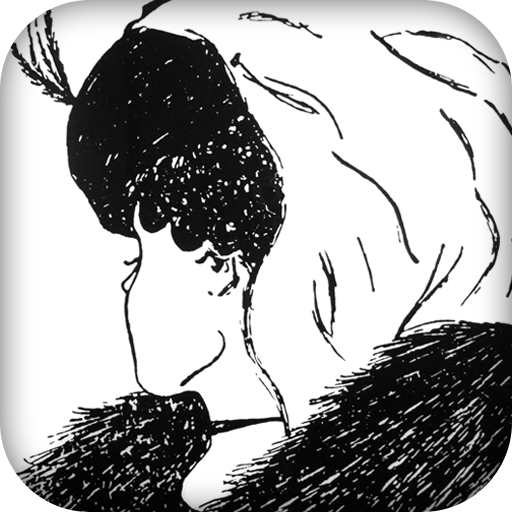 We might all play an instrument, or not, to each their own, however,
very few are music literate. Reading music is certainly something that I
personally have trouble with. An immediate issue, I have come to find, while
reading Texts for Nothing. It seems
Beckett has decided to begin writing Jazz, which I can only speculate to be in
the key of X. Particularly in the 7th installment, or chapter, or
contained verbal purge, do you find an exceptional playfulness in word choice,
repetition, and construction. Do not misunderstand, the vignette is quite
grave, but compared to the rest, one could rightfully consider it comical. The
image of the ridged man at the terminal awaiting a train that would never come,
with ticket gripped between thumb and forefinger, and both hands arrested by
the knee, I found to be a ‘Laugh-Out-Loud’ moment. I imagine a monstrous grin
on his face and perhaps an uncontrollable cackle polluting from his mouth, with
a slight sway from side to side. The image of insanity; and I find it
hilarious. Now, this is just a vision I experienced, and not the privileged
analysis of a scholar. I am sure the scholar would find a more justified
purpose or intention in #7, or even Texts
for Nothing as a whole, and I am sure there is one, considering that
Beckett is notorious for working on many simultaneous levels. But I know Jazz
when I see it. The unpredictable unassociated combination of sound and fury
that makes a Miles Davis album so endlessly entertaining, is the same concept
applied by Beckett in this text. It is not so much about the association of one
sentence to the next, or that of the previous. It is one simultaneous frame of
an ‘imaginary’, dissected into fractions that hold the continuity of the image
when read in linear fashion, for no particular reason other than by default of
convention. The individual sentences might serve much the same purpose if they
were scattered about over a page and meant to be read individually, but here
convention works to the benefit of author, as a way, much like in music, for
the reader to keep an ambivalent tempo of their choice. What I believe to be
the intended effect is a loss of the reader to wild irregular free association
of the mind while the eyes they continue to read. Texts for NO-thing. ‘No
thing’ is a place you go when you’re absent from the thing you’re currently
engaged in. Time does not exist here because it has been forgotten. But the
piece ends and with it comes the wrath of time and a return to the world.
We might all play an instrument, or not, to each their own, however,
very few are music literate. Reading music is certainly something that I
personally have trouble with. An immediate issue, I have come to find, while
reading Texts for Nothing. It seems
Beckett has decided to begin writing Jazz, which I can only speculate to be in
the key of X. Particularly in the 7th installment, or chapter, or
contained verbal purge, do you find an exceptional playfulness in word choice,
repetition, and construction. Do not misunderstand, the vignette is quite
grave, but compared to the rest, one could rightfully consider it comical. The
image of the ridged man at the terminal awaiting a train that would never come,
with ticket gripped between thumb and forefinger, and both hands arrested by
the knee, I found to be a ‘Laugh-Out-Loud’ moment. I imagine a monstrous grin
on his face and perhaps an uncontrollable cackle polluting from his mouth, with
a slight sway from side to side. The image of insanity; and I find it
hilarious. Now, this is just a vision I experienced, and not the privileged
analysis of a scholar. I am sure the scholar would find a more justified
purpose or intention in #7, or even Texts
for Nothing as a whole, and I am sure there is one, considering that
Beckett is notorious for working on many simultaneous levels. But I know Jazz
when I see it. The unpredictable unassociated combination of sound and fury
that makes a Miles Davis album so endlessly entertaining, is the same concept
applied by Beckett in this text. It is not so much about the association of one
sentence to the next, or that of the previous. It is one simultaneous frame of
an ‘imaginary’, dissected into fractions that hold the continuity of the image
when read in linear fashion, for no particular reason other than by default of
convention. The individual sentences might serve much the same purpose if they
were scattered about over a page and meant to be read individually, but here
convention works to the benefit of author, as a way, much like in music, for
the reader to keep an ambivalent tempo of their choice. What I believe to be
the intended effect is a loss of the reader to wild irregular free association
of the mind while the eyes they continue to read. Texts for NO-thing. ‘No
thing’ is a place you go when you’re absent from the thing you’re currently
engaged in. Time does not exist here because it has been forgotten. But the
piece ends and with it comes the wrath of time and a return to the world.
“Did I try everything, ferret in every hold, secretly,
silently, patiently, listening?”
Well you have now, Mr. Beckett.




